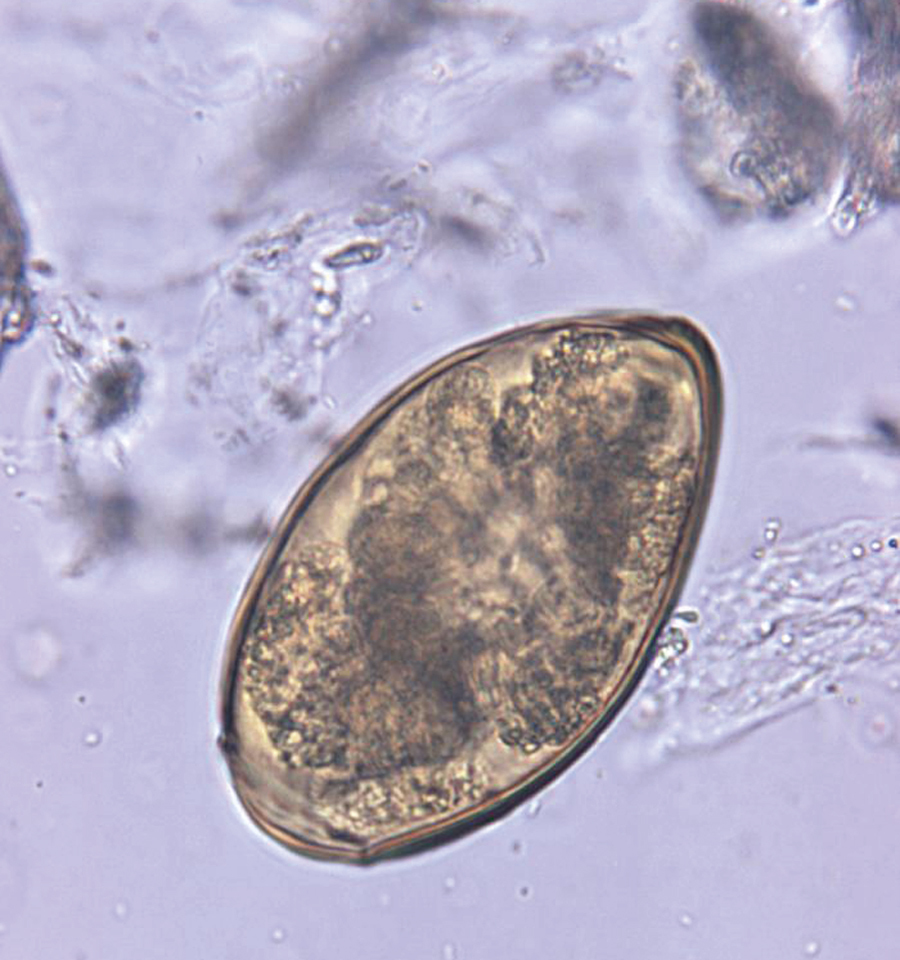paragonimiasis /per′əgon′imī″əsis/ [Gk, para + gonimos, generative, iasis, condition] , chronic infection by the lung fluke Paragonimus westermani, occurring most commonly in Asia. The disease is acquired by ingesting cysts in infected freshwater crabs or crayfish, the intermediate hosts. ▪ OBSERVATIONS: It is characterized by hemoptysis, bronchitis, pain, diarrhea, and occasionally abdominal masses. There may also be ocular pathological conditions, cerebral involvement with paralysis, or seizures. ▪ INTERVENTIONS: Praziquantel given orally is the usual treatment. ▪ PATIENT CARE CONSIDERATIONS: Adequate cooking of shellfish prevents the disease.

